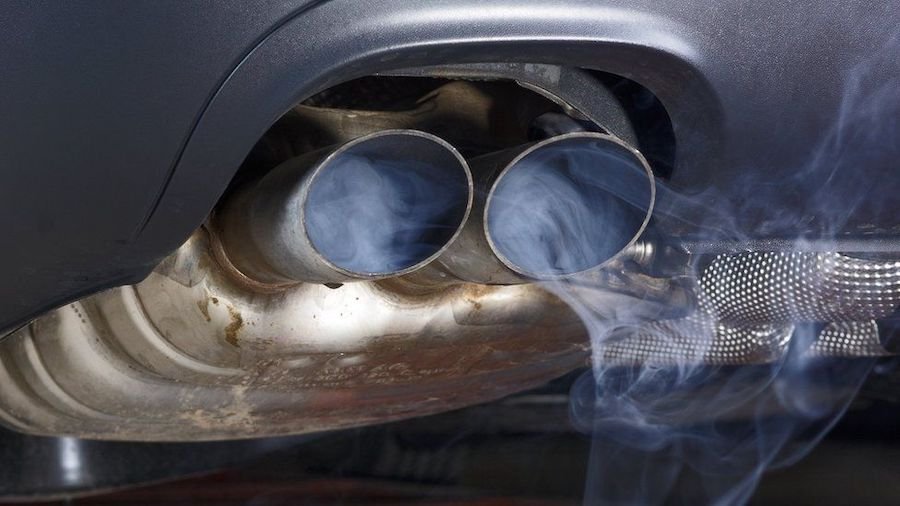EU Could Allow Sales Of New E-Fuel ICE Cars After 2035: Report

Porsche’s investment in e-fuels might pay off. Reuters reported this week that the European Union is considering allowing automakers to sell cars that run on synthetic fuel after the 2035 ban on combustion cars. According to the publication, the European Commission has already drafted the plans, but it’s not a done deal just yet.
It was reported last week that Germany and six European nations had allied to oppose the legislation, which was supposed to be voted on this month for final approval. The European Commission passed the ban at every opportunity last year, supporting the law. Earlier in March, Germany raised concerns about minimizing job losses while asking for assurances that future combustion cars could operate on e-fuels.
The draft proposal will allow for the sale of new cars with internal combustion engines if they use e-fuels. It’s also asking that such vehicles have the ability to recognize the type of fuel being used and prevent a car using a non-e-fuel from operating. However, that would force carmakers to develop new internal combustion engines, according to the report. The Commission and German authorities are trying to reach an agreement by the EU’s next summit on Thursday.
In November, the EU told member states that any proposal for e-fuel cars after 2035 would not come forward until after the bloc passes the ban. Any proposal must comply with the 2035 ban, said the bloc’s climate policy chief, Frans Timmermans.
Porsche is one of the more visible companies investing in e-fuels. In AugusEU couEt 2022, the company invested $75 million in a synthetic fuel holding company. Porsche started e-fuel production in December and used the first drops to fill up a 911. The facility is in its pilot phase, producing 130,000 liters (34,342 gallons) per year with the goal to increase it to 550 million liters (XXX gallons) per year by around 2027.
However, that’s just a drop in the bucket for worldwide fuel consumption, and it’s unlikely enough e-fuel production stations will come online in the next few years. Porsche isn’t the only automaker believing e-fuels might have a future. Lamborghini made similar comments about synthetic fuel last year, too.
Related News
